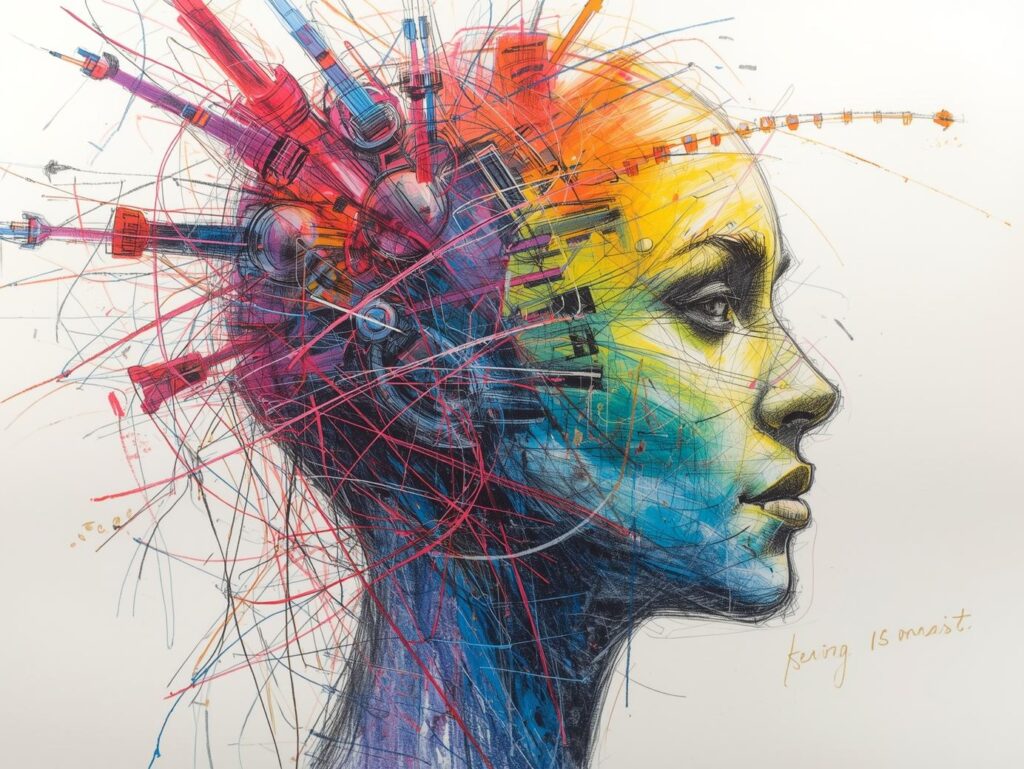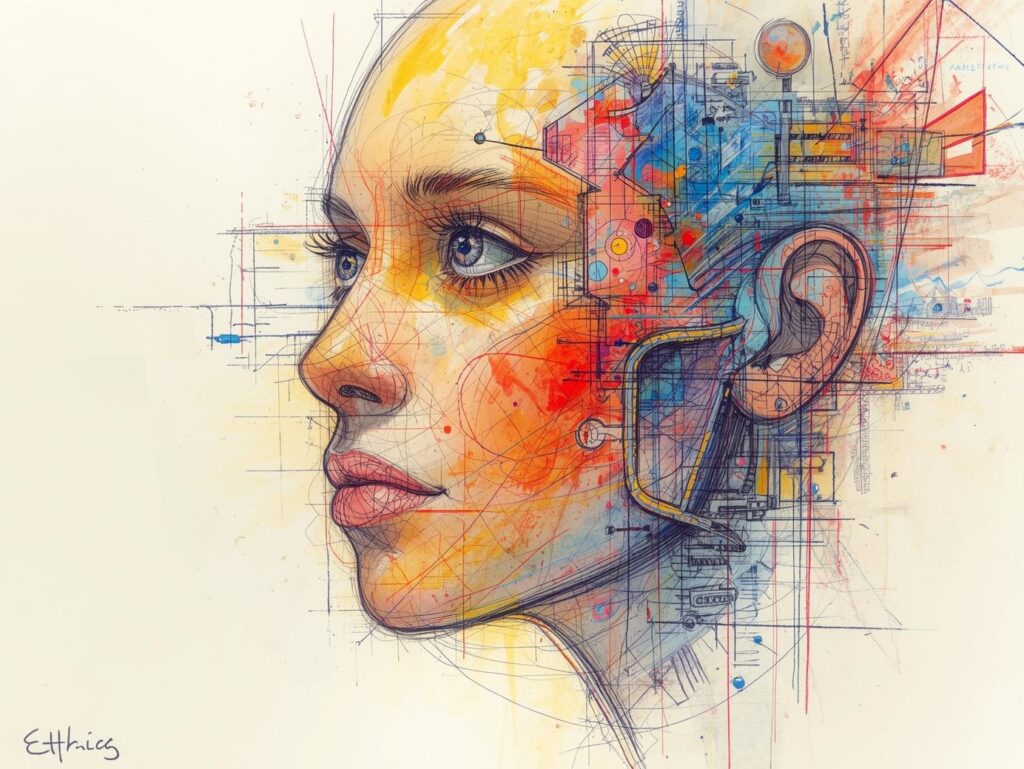Introduction
Artificial Intelligence (AI) has emerged as one of the most powerful tools of the 21st century. From healthcare and education to transportation and communication, AI is transforming nearly every aspect of human life. However, with this great power comes great responsibility. The rise of AI also raises ethical, legal, and social challenges that must be addressed if we are to build a responsible and inclusive digital society.
For organizations like CHUYA SONCCO, the question is not only how to use AI to promote development, but how to ensure that this technology respects human dignity, equity, and democratic values.

Why Ethics in AI Matters
1. Human Rights and Dignity
- AI systems can affect fundamental rights, from privacy to freedom of expression.
- Without safeguards, technologies risk reinforcing discrimination, bias, and exclusion.
2. Accountability and Transparency
- Many AI systems function as «black boxes,» making it difficult to understand how decisions are made.
- Citizens deserve clarity and mechanisms to hold developers and institutions accountable.
3. Equity and Inclusion
- If access to AI remains concentrated in privileged groups, it will widen inequalities.
- Ethical AI must ensure that rural, marginalized, and vulnerable populations also benefit.
4. Trust in Technology
- Ethical principles foster trust between citizens, institutions, and technology.
- Without trust, adoption slows, and the potential of AI for social good is diminished.
Ethical Challenges in Artificial Intelligence
1. Algorithmic Bias
- AI systems can reproduce and amplify existing social prejudices.
- Example: recruitment software that discriminates against women or minorities.
2. Privacy and Data Protection
- AI often relies on massive amounts of personal data.
- Ensuring data privacy and cybersecurity is a central ethical obligation.
3. Autonomy and Human Oversight
- How much decision-making should we delegate to machines?
- Critical decisions (e.g., medical, judicial) must retain human oversight.
4. Impact on Employment
- Automation and AI may displace jobs, especially in vulnerable sectors.
- Ethical frameworks must prioritize reskilling and social protection.
Global Approaches to Ethical AI
UNESCO’s AI Ethics Recommendation (2021)
- Establishes a universal ethical framework for AI.
- Prioritizes human rights, transparency, and sustainability.
European Union: AI Act
- Proposes regulations to classify AI risks and establish accountability.
- Aims to ban harmful uses like social scoring.
OECD Principles on AI
- Promote responsible AI that is inclusive, sustainable, and trustworthy.
Latin America
- Countries like Brazil, Chile, and Mexico are advancing national AI strategies.
- Peru is beginning to explore ethical frameworks for digital transformation.

The Role of CHUYA SONCCO
As AI becomes central to human development, CHUYA SONCCO aims to contribute by:
- Raising Awareness: Organizing forums, workshops, and campaigns on AI ethics for citizens, professionals, and youth.
- Capacity Building: Training communities, especially vulnerable groups, to understand their digital rights and responsibilities.
- Policy Advocacy: Collaborating with governments and civil society to promote ethical AI frameworks in Peru and Latin America.
- Inclusive Innovation: Ensuring that AI projects prioritize equity, diversity, and social justice.
- Research and Dialogue: Partnering with universities and tech companies to study the social impacts of AI and propose solutions.
Toward a Responsible Digital Society
A responsible digital society is one where technology is guided not only by innovation but also by values and principles. Ethical AI must:
- Respect human dignity and rights.
- Promote fairness and inclusion.
- Ensure transparency and accountability.
- Empower communities instead of excluding them.
For CHUYA SONCCO, this means using AI not just as a tool for progress but as a vehicle for equity, justice, and solidarity.
Conclusion
Artificial Intelligence offers immense opportunities, but it also challenges us to rethink our ethical frameworks and social responsibilities. If left unchecked, AI could deepen inequalities and compromise human rights. But if guided by ethics, AI can become a transformative force for good, helping build a fairer, more inclusive, and sustainable digital society.
At CHUYA SONCCO, we reaffirm our commitment to ethical innovation. By working together—communities, institutions, governments, and innovators—we can ensure that AI serves humanity, strengthens democracy, and contributes to a future where technology and ethics go hand in hand.





